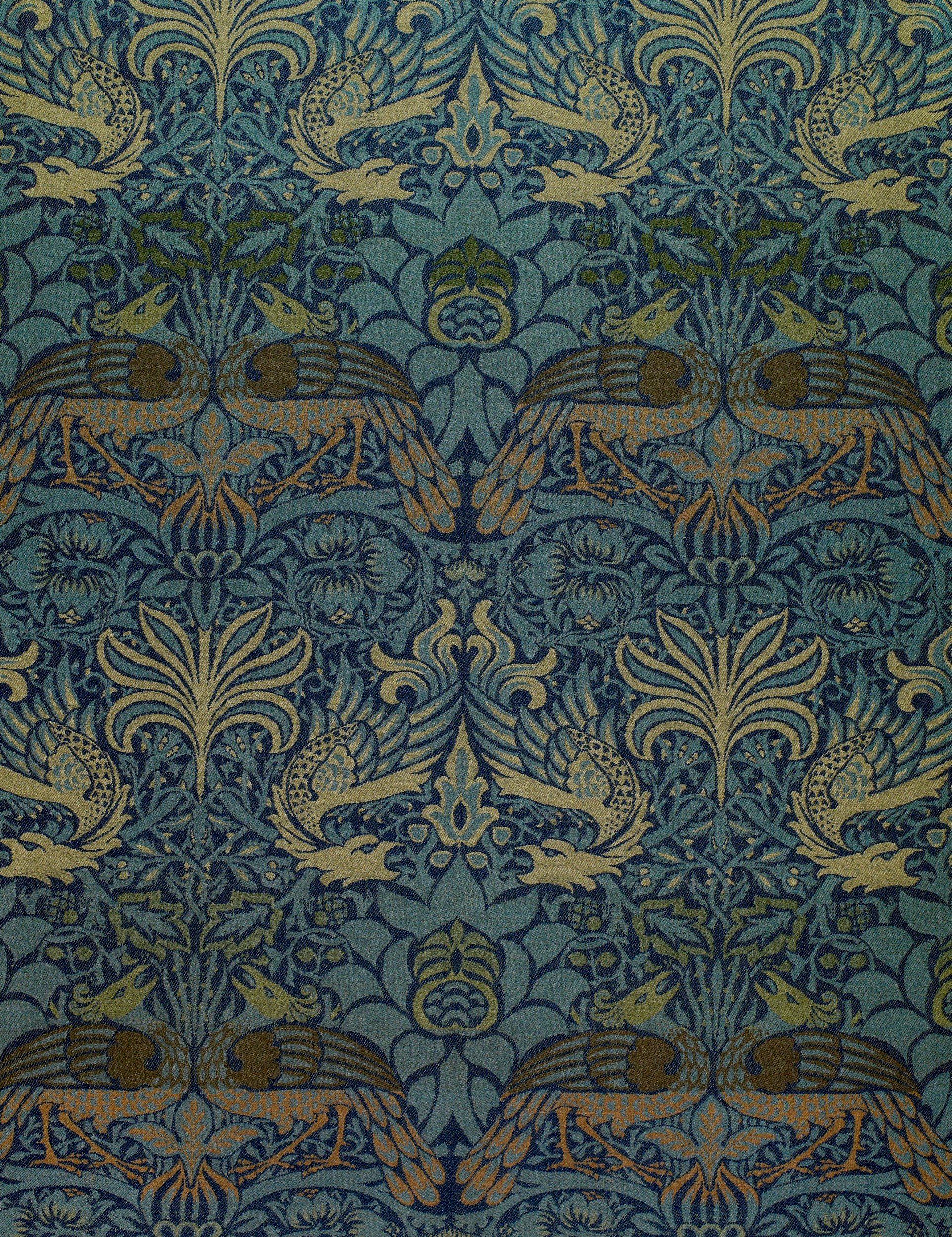The founding principles & inspirations that define us
Our Inspirations
“Have nothing in your houses that you do not know to be useful or believe to be beautiful.”
- William Morris
Machine production were considered to blame as you could now manufacture a flood of cheap copies, from all eras, to satisfy the desires of extreme consumption of the upper classes and expanding bourgeoisie. Not so dissimilar to now.
The principals of the Arts & Crafts movement drive the direction of how we think about our products and our business. From the late 19th century, a revolutionary period of design and craftsmanship was born in England, that translated to the rest of the world. The de-humanising effects of industrialisation caused the Arts & Crafts movement to be a revival of an artisan guild system, aspiring to the high standards of craftsmanship.
There was a growing awareness among the general populace that a nation’s creativity reflected its moral values. If society could not produce a pure and uplifting form of art than the fault must in its ethical system. Art therefore served as a barometer of moral well-being.
Initially the machine was seen through a polarised-positive lens, as the negatives surrounding machinery hadn’t yet been unfolded. Once these negatives came to light, the optimism of England’s society had dissipated, mechanisation was considered destructive due to it impacting the worker morale and artistry.
A precisely finished and symmetrical item, often created by machines, represented the denial of the human element, in the 1800s. Society has now been taken captive by the mesmerizing possibilities of mass manufacturing for every product that we buy. At Seraphim&Sapphire, we aim to emphasise the opposite of this and focus intricately on the handmade and human elements within craftsmanship.
Craftsmanship should unashamedly reveal it’s handcrafted origins, which would then reflect mankinds essential humanity, with all our roughness and individuality. Art was an essential moral ingredient in the home environment and that the loss of daily contact with hand-crafted objects fashioned with care, integrity and attention to beauty would diminish the quality of life for the average citizen.


